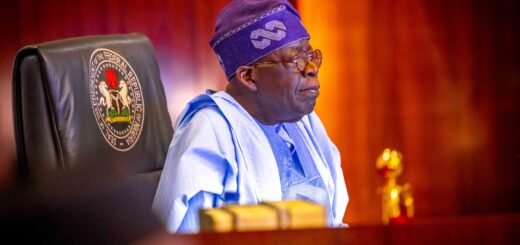Donald Trump trial news: US Supreme court debates Trump’s immunity claims
Special counsel Jack Smith filed the election conspiracy claims against 77-year old Donald Trump in August and had pushed for a March trial start date.
The decision may have a significant impact on Trump’s numerous legal challenges as he runs for president once more as well as the scope of US executive authority. Furthermore, even if the majority of constitutional law experts believe Trump will lose in court, he might have already won politically. The nine justices of the court took the case, delaying the beginning of Trump’s trial on allegations of plotting to rig the 2020 election in favor of Joe Biden, maybe forever.
Because no former White House occupant had been charged with a felony before to Trump, the question of whether an ex-president is exempt from prosecution remains untested in American jurisprudence. According to Hofstra University constitutional law professor James Sample, “Richard Nixon famously engaged in criminal law-breaking.” However, because he resigned and was pardoned by his successor, Gerald Ford, we have never really had to deal with the idea of prosecuting a former president criminally.
The 77-year-old Trump was charged with election conspiracy in August after Special Counsel Jack Smith launched the case and pressed for a March trial start date. However, the Republican presidential candidate’s attorneys filed a bevy of filings, arguing among other things that an ex-president had “absolute immunity,” in an attempt to delay the lawsuit against him.
Although the argument was categorically rejected by two lower courts, the Supreme Court decided to hear the case in February. Trump’s claim of immunity was declared “unsupported by precedent” or the US Constitution by a lower court. “We cannot acknowledge that the Presidency sets its previous occupants above the law indefinitely,” the judges declared. Nevertheless, having nominated three judges to give the court a 6-3 conservative majority, Trump is hoping for a cordial hearing from the same court.
Donald Trump back in New York court room
After over two and a half hours of deliberation, the historic arguments came to an end when Trump’s lawyer, John Sauer, declined to offer one more chance to refute the Justice Department’s position. In Manhattan, Donald Trump returned to the Manhattan courtroom where he is on trial for allegedly forging company records to conceal a $130,000 hush money payment to adult film star Stormy Daniels, while lawyers at the Supreme Court debated whether a president can avoid prosecution for official activities. 11:22 a.m. saw Trump enter the courtroom. ET, glancing around at the reporters sitting in the audience before making his way to the defense table.
Trump named unindicted co-conspirator in Arizona election case
In the Arizona phony elector case, which was unsealed yesterday, former President Donald Trump was identified as an unindicted co-conspirator. Eighteen state Republicans and former Trump aides, including attorney John Eastman, former New York mayor Rudolph Giuliani, and former White House chief of staff Mark Meadows, are charged in the indictment. The defendants allegedly claimed they were presidential electors and that Trump had won the state in the 2020 election. They are accused of committing crimes such as conspiracy and falsification. The indictment named Trump as “unindicted coconspirator 1.”
Immunity for official acts versus private
Justice Ketanji Brown Jackson questioned why it should be different for official behavior even if Trump’s attorney acknowledges that presidents can be charged for their private actions. “What stops the president from doing whatever he wants if there’s no threat of criminal prosecution?” the woman questioned. According to Sauer, the president’s official actions must conform to the law. However, the question remains as to whether impeachment or criminal prosecution will follow failure to comply. Regarding Trump’s statement, Jackson questioned how it does not “risk turning the oval office into the center of criminality in this country.”


